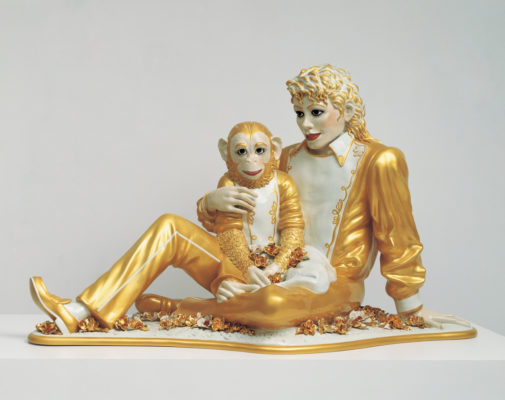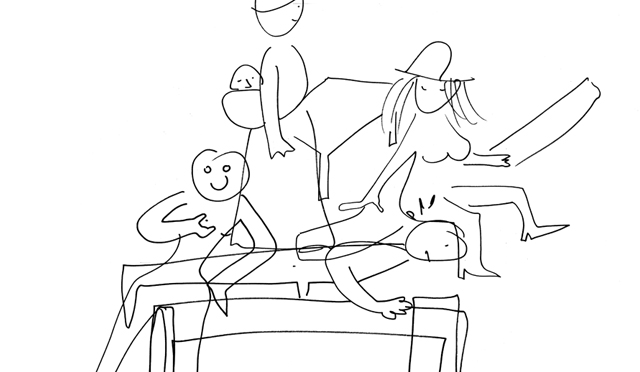Search
To search for an exact match, type the word or phrase you want in quotation marks.
A*DESK has been offering since 2002 contents about criticism and contemporary art. A*DESK has become consolidated thanks to all those who have believed in the project, all those who have followed us, debating, participating and collaborating. Many people have collaborated with A*DESK, and continue to do so. Their efforts, knowledge and belief in the project are what make it grow internationally. At A*DESK we have also generated work for over one hundred professionals in culture, from small collaborations with reviews and classes, to more prolonged and intense collaborations.
At A*DESK we believe in the need for free and universal access to culture and knowledge. We want to carry on being independent, remaining open to more ideas and opinions. If you believe in A*DESK, we need your backing to be able to continue. You can now participate in the project by supporting it. You can choose how much you want to contribute to the project.
You can decide how much you want to bring to the project.

We decided to devote the month of November to aesthetics removed from so-called good taste, or perhaps we should say prevailing taste. We asked ourselves how tawdriness influences and is treated in today’s society and artistic practice, and how and why we consider a certain aesthetics tawdry.
The categories of folkloric, amateur or exotic are often included within a larger group of marginal aesthetics that are distinctive of grassroots culture. For some time now we have been witnessing a recovery of the popular in other perhaps higher spheres of culture, often to highlight its political potential. Can the endorsement of tawdriness, exoticism and amateurship become a political tool? Can this substantiation be made anywhere other than on the margins?
Does something cease to be tawdry when it becomes a cult object? What happens when tawdriness enters museums? Julia Ramírez Blanco confronted these issues on occasion of Parkineo17, held in Madrid last summer.
María Muñoz presented the latest show of works by Sol Calero, a sort of retrospective of her works on the notion of exoticism applied to a certain kind of Latin American aesthetics: Amazonas Shopping Center is a mise-en-scène of the clichés of Caribbean exoticism in which the spectator addresses a reflection on migratory fluxes, colonialism, identity and representation.
Also on the other side of the Atlantic, Claudio Iglesias reflected on Peronism in relation to the recent exhibition project by Marcelo Pombo. Praising forgotten artists and popular taste, Pombo supports what the contemporary art industry rejects, and pays tribute to the cultural scene of Rosario (Argentina) in the nineties.
Another creator being revisited today is Juan Carlos Olaria, raised to the category of cult director and currently the object of a documentary. Ana Llurba attended the projection of some of his films and in her contribution to this issue presents the work of the adventurous rudimentary sci-fi film-maker.

A*DESK is a critical platform focused on publishing, training, experimentation, communication and dissemination in relation to contemporary culture and art, which is defined by transversality. The starting point is contemporary art, because that is where we come from and this awareness allows us to go much further, to incorporate other disciplines and forms of thought in order debate issues that are relevant and urgent for understanding our present.
"A desk is a dangerous place from which to watch the world" (John Le Carré)